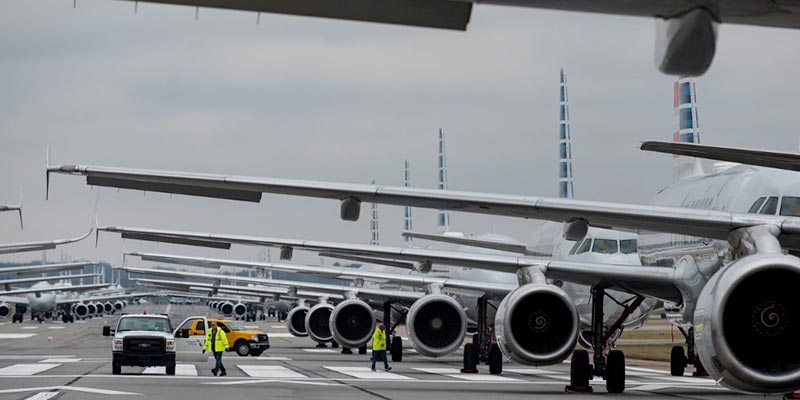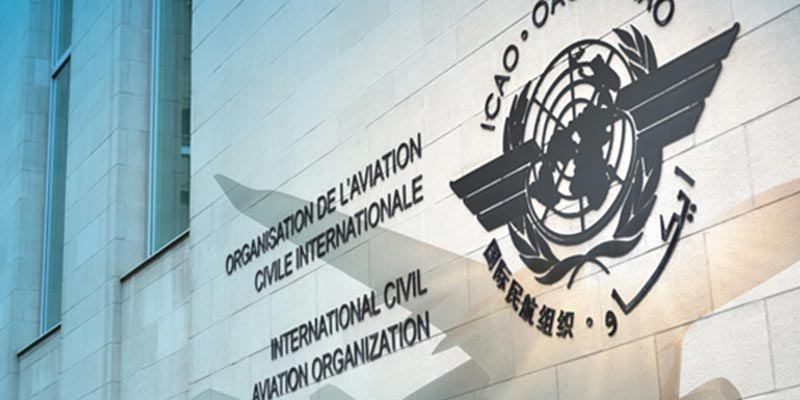- India
- Feb 23
Explainer / What is the Chicago Convention?
• The Union Cabinet cleared ratification of three protocols related to amendments in the Convention on International Civil Aviation (also known as Chicago Convention).
• The articles of the Chicago Convention, 1944, establish the privileges and obligations of all contracting states and promote international ICAO Standards and Recommended Practices (SARPs) adoption that regulate international air transport.
• The Convention on International Civil Aviation, drafted in 1944 by 54 nations, was established to promote cooperation and “create and preserve friendship and understanding among the nations and peoples of the world.”
• Known more commonly today as the ‘Chicago Convention’, this landmark agreement established the core principles permitting international transport by air, and led to the creation of the specialised agency which has overseen it ever since.
• On April 4, 1947, upon sufficient ratifications to the Chicago Convention, the International Civil Aviation Organisation (ICAO) was established. The first official ICAO Assembly was held in Montreal in May of that year.
Three protocols relating to amendments:
i) One protocol is to insert Article 3 in the Chicago Convention to refrain member states from resorting to the use of weapons against civil aircraft in flight.
ii) The second protocol is to amend Article 50 (a) for raising the strength of the ICAO Council from 36 to 40.
iii) The third protocol is to amend Article 56 for raising the strength of the Air Navigation Commission from 18 to 21.
• In the past 78 years, the Chicago Convention has undergone a few amendments, and India has been ratifying such amendments from time to time.
International Civil Aviation Organisation (ICAO)
• A specialised agency of the United Nations, the International Civil Aviation Organisation (ICAO) was created to promote the safe and orderly development of international civil aviation throughout the world.
• It sets standards and regulations necessary for aviation safety, security and facilitation, efficiency , economic development of air transport as well as to improve the environmental performance of aviation.
• ICAO is funded and directed by 193 national governments to support their diplomacy and cooperation in air transport as signatory states to the Chicago Convention.
• The headquarters of ICAO is situated in Montreal.
• Its core function is to maintain an administrative and expert bureaucracy (the ICAO Secretariat) supporting these diplomatic interactions, and to research new air transport policy and standardisation innovations as directed and endorsed by governments through the ICAO Assembly, or by the ICAO Council which the assembly elects.
• ICAO is not an international aviation regulator. The stipulations ICAO standards contain never supersede the primacy of national regulatory requirements. It is always the local, national regulations which are enforced in, and by, sovereign states, and which must be legally adhered to by air operators making use of applicable airspace and airports.
• The Secretariat of the International Civil Aviation Organization (ICAO) is headed by the Secretary General.
Manorama Yearbook app is now available on Google Play Store and iOS App Store


